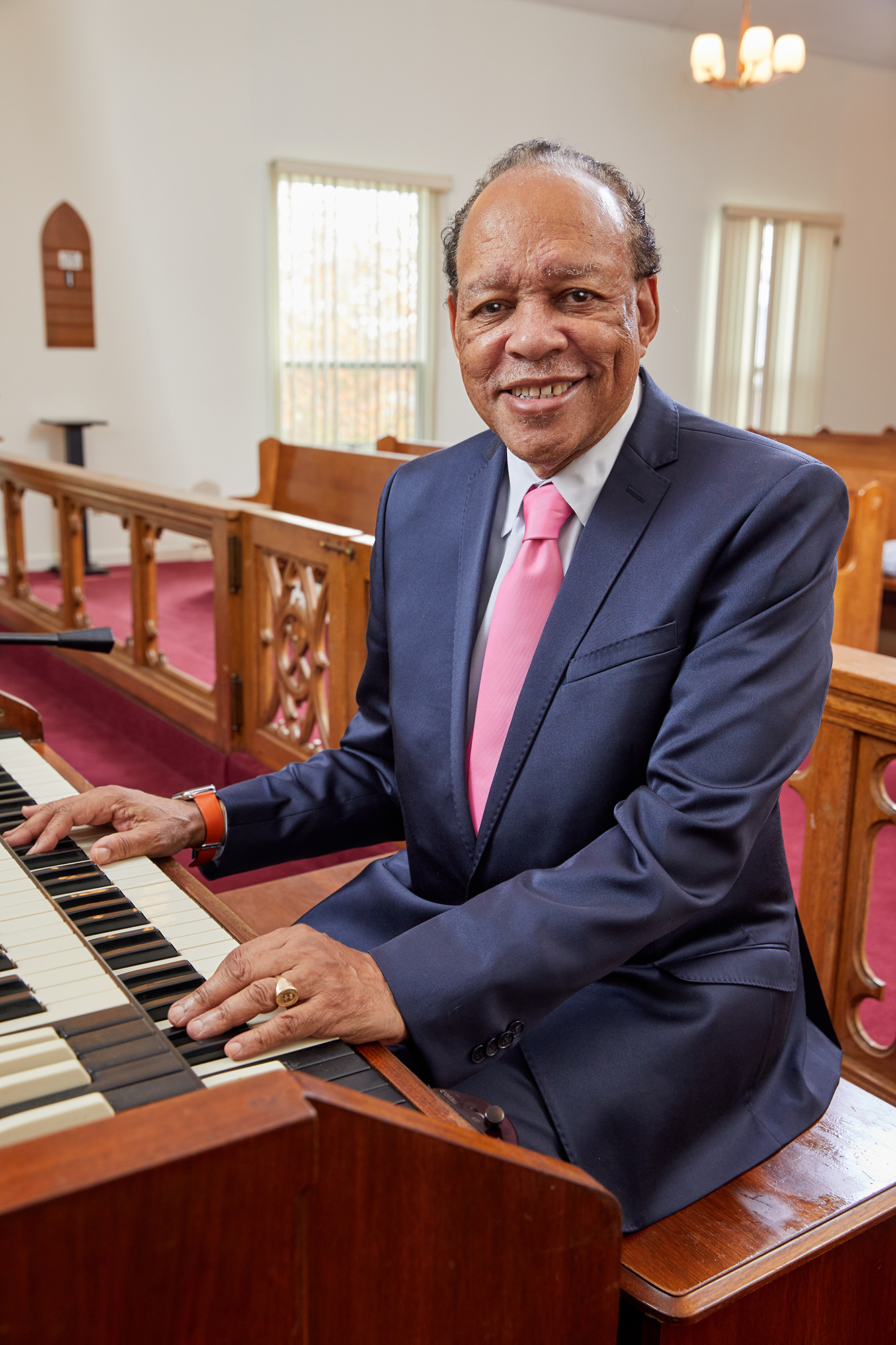As a Yale Cultural Ambassador, I have been an advocate for health equity and clinical research participation for over 10 years. It has really been a cardinal mission for me to encourage engagement among those who have been underrepresented in the health system for so long. We are serving both ourselves and the wider community by doing so, not to mention, advancing science, sometimes dramatically. When the COVID-19 vaccine trial arrived at Yale, I was compelled to participate. It was a consummate opportunity to sign up and walk the walk, particularly during a time of so much fear and apprehension. We all have to be willing to be part of research in order to drive change. Most of the clinical trials I advocate for in my community are related to very specific health conditions that have affected many of those around me, but which I did not have myself. COVID-19, has touched everyone. Every one of us in some way.
I spoke with the principal investigator to learn more about the study, but even without that courtesy, I was pretty sure that I would be inviting members of my family and community to participate with me. I asked my daughter, Megan Perry, to volunteer alongside me. Yes, I worried that she, being from the younger and less affected generation, might see the vaccine differently and decline to join me. Fortunately, that wasn’t the case; Megan was able to see the trial for what it was—a chance to help herself, her community, and the advancement of science. She trusts my judgement and expertise implicitly and was thrilled to help with research that could potentially protect and save millions of people. I also asked several of my parishioners to volunteer for the study.
Minority groups have been disproportionately affected by COVID-19 and that was a major motivation for me to participate. When you are a part of a population that is severely affected, it’s more critical than ever to do something about it. None of the volunteers or scientists and administrators knew who got the vaccine and who got a placebo. We were promised that those who received placebos during the trial would be first in line for the real thing upon FDA approval of the vaccine. That was not my motivation, but it reassured me that the researchers had my best interest at heart.
In January 2021, the study was unblinded and I discovered that I had received the actual vaccine as opposed to the placebo; I can’t describe the ‘joy that flooded my soul.’ I felt a peace that was indescribable not only for me but one that I could extend to my family.
I always carefully consider the value of every clinical trial I advocate for. It is so essential that these trials are actually going to benefit the community a volunteer lives in. All of the ambassadors, we have to be incredibly vigilant when considering these studies. We have to weigh all the factors. Clinical trials contribute to society’s health as a whole.
As an ambassador and as pastor of St. Stephens AME Zion Church, I appealed to friends, family, and other members of my community to help them understand why they should also participate. I am completely sympathetic towards the skepticism most people have and think it is essential to promptly address doubts and concerns. Convincing just one person to participate in this trial can help so many others.
When the study was unblinded, and I was told that I had been given the vaccine as opposed to the placebo, I can’t describe the ‘joy that flooded my soul.
Rev. Dr. Leroy Perry, Pastor, St. Stephens AME Zion Church and Yale Cultural Ambassador
In December, 2020, the U.S. Food and Drug Administration issued emergency use authorization (EUA) for the first two COVID-19 vaccines, for the prevention of disease caused by severe acute respiratory syndrome coronavirus 2 (SARS-CoV-2) in individuals 16 or 18 years of age and older.